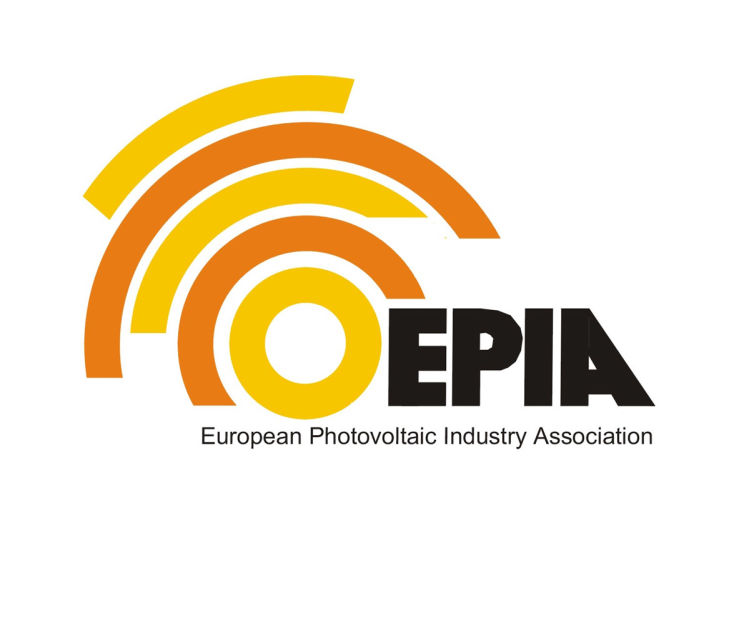Retrospective measures, unexpected support scheme changes and other negative measures seriously damage the investment climate for solar photovoltaic technology in European countries Brussels, 10 December 2013 – The solar photovoltaic (PV) technology has grown over the past decade at a remarkable pace, becoming a major source of energy globally. However, the European PV sector has been continuously facing retrospective measures and other unplanned changes that directly attack the stability and viability of existing and future investments in a number of countries, as shown in an overview presented by the European Photovoltaic Industry Association (EPIA) at a Press Briefing today.
In recent years, different types of harmful measures have been introduced in several European countries. “Retrospective measures, moratoria, as well as unplanned reductions and cancellations of support are often intended to fix governments’ past mistakes of over-support, but they only deteriorate the situation: By generating an unstable environment for investments, such measures have provoked project cancellations, bankruptcies and job losses in the PV sector. What is more, they are putting governments’ credibility at risk, with negative implications for the whole economy”, said Frauke Thies, EPIA Policy Director.
The situation is particularly troubling in some countries. In the Czech Republic for instance, numerous retrospective measures have been implemented in the past three years, leading companies to bankruptcy and making PV system owners unable to repay their bank loans. In Spain, the severe PV market contraction has shrunk the sector resulting in many job losses: Representing 60.000 direct and indirect jobs in 2008, the PV sector is now down to 5.000-7.000 jobs. Greece is another example of a country with great PV potential, but a suffering PV market due to inconsistent policymaking that undermines the trust and predictability needed for a favourable investment climate. Even if in certain countries national courts have already recognised some measures as illegal and unlawful, and have consequently revoked them, various retrospective measures are still being put in place or under discussion, adding further uncertainty on the way to PV development in Europe.
“In order to avoid any risk of over-compensation and to ensure a sustainable development of renewables in Europe, support mechanisms should undergo a “sustainability check”: They need to be technology specific, predictable and dynamic at the same time. This means that support levels have to be adapted on a regular basis, based on objective and transparent criteria”, added Ms. Thies. “Such guiding principles should be kept in mind when designing support mechanisms for renewables, especially in view of the State Aid Guidelines the European Commission should release soon”, she concluded.
